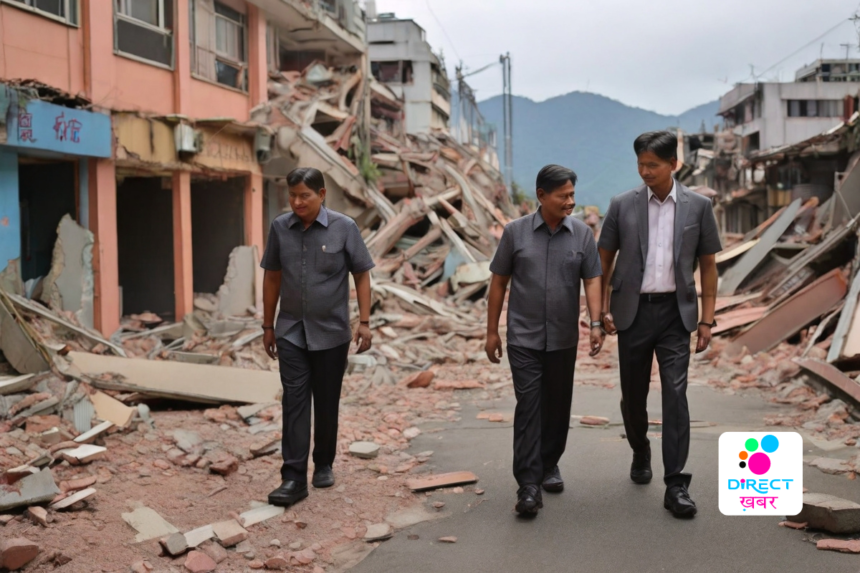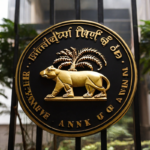Two Indians Safe After Taiwan Earthquake: Government
The Ministry of External Affairs (MEA) provided an update on Thursday regarding the status of two Indian nationals who were initially reported missing following Taiwan’s most significant earthquake in the last 25 years. According to MEA spokesperson Randhir Jaiswal, Indian authorities have successfully established contact with the individuals, confirming their safety amidst the aftermath of the natural disaster.
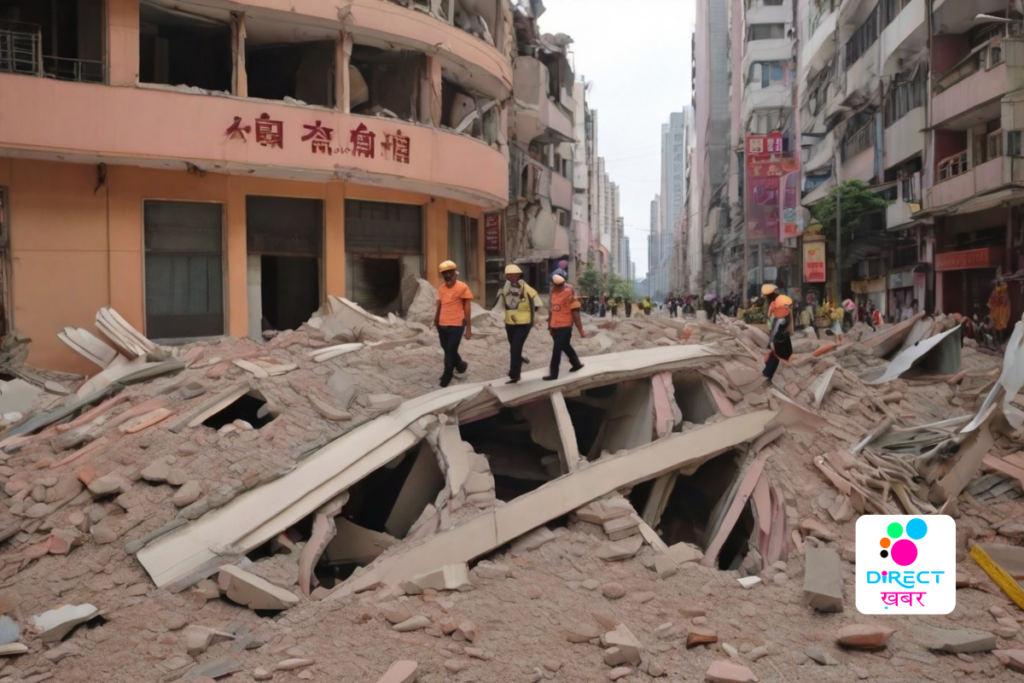
Despite this positive development, concerns persist as 18 individuals remain unaccounted for in the wake of the earthquake, with Taiwanese rescue teams engaged in a race against time to locate and rescue them. Among the missing, six individuals were reportedly on a hiking trail when the earthquake struck, adding complexity to rescue efforts. Compounding the challenge are numerous aftershocks that have triggered road blockages, with falling boulders obstructing access routes. Despite these obstacles, a dedicated 45-member rescue team is currently deployed, striving to reach the missing persons and provide assistance.
The earthquake’s impact has reverberated globally, drawing expressions of sympathy and solidarity from leaders worldwide. Prime Minister Narendra Modi, along with other prominent figures, conveyed heartfelt condolences to those affected by the tragedy. In a statement, Modi expressed deep sadness over the loss of lives and the extensive damage caused by the earthquake, while also wishing a speedy recovery to the injured. Modi’s message underscored India’s solidarity with the resilient people of Taiwan as they navigate the aftermath and work towards recovery.
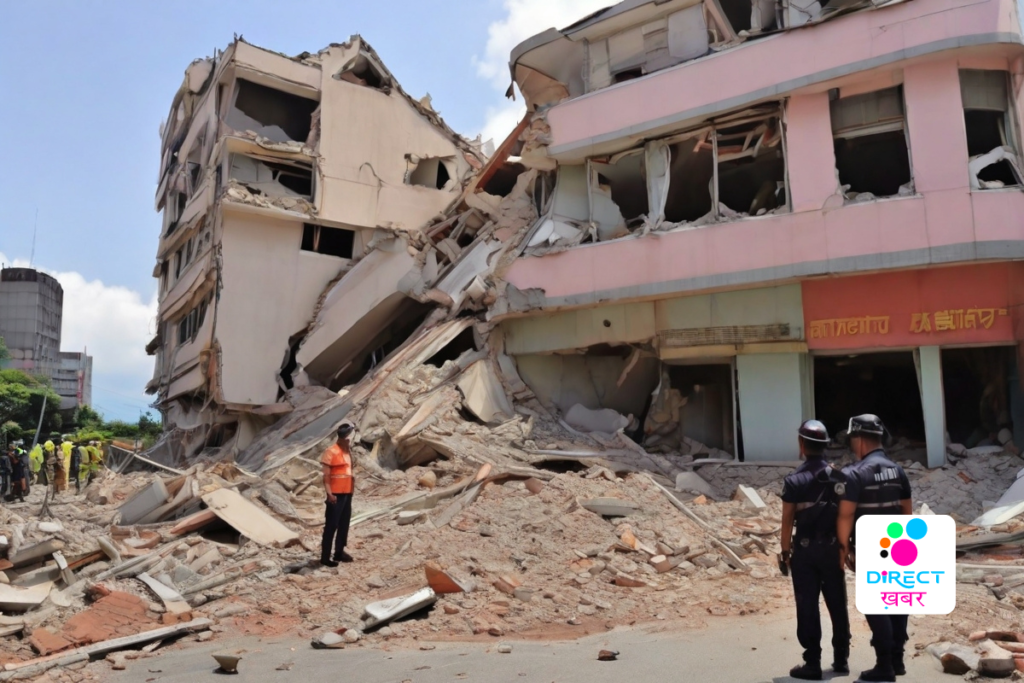
Meanwhile, international attention has also turned to escalating tensions in West Asia, particularly concerning reports of an Israeli airstrike targeting the Iranian consulate in Syria. The MEA expressed deep concern over these developments, emphasizing the potential ramifications for regional stability and peace. India urged all parties involved to exercise restraint and adhere to internationally accepted principles and norms of law to prevent further escalation and violence.
The reported airstrike, which occurred on April 1, resulted in significant casualties, including two Iranian generals and five officers, according to Iranian officials. Among the deceased was General Mohammad Reza Zahedi, who previously led the elite Quds Force in Lebanon and Syria until 2016, along with his deputy, General Mohammad Hadi Hajriahimi, and five other officers. The incident has intensified tensions in the region, prompting calls for de-escalation and diplomatic dialogue to address underlying grievances and prevent further bloodshed.
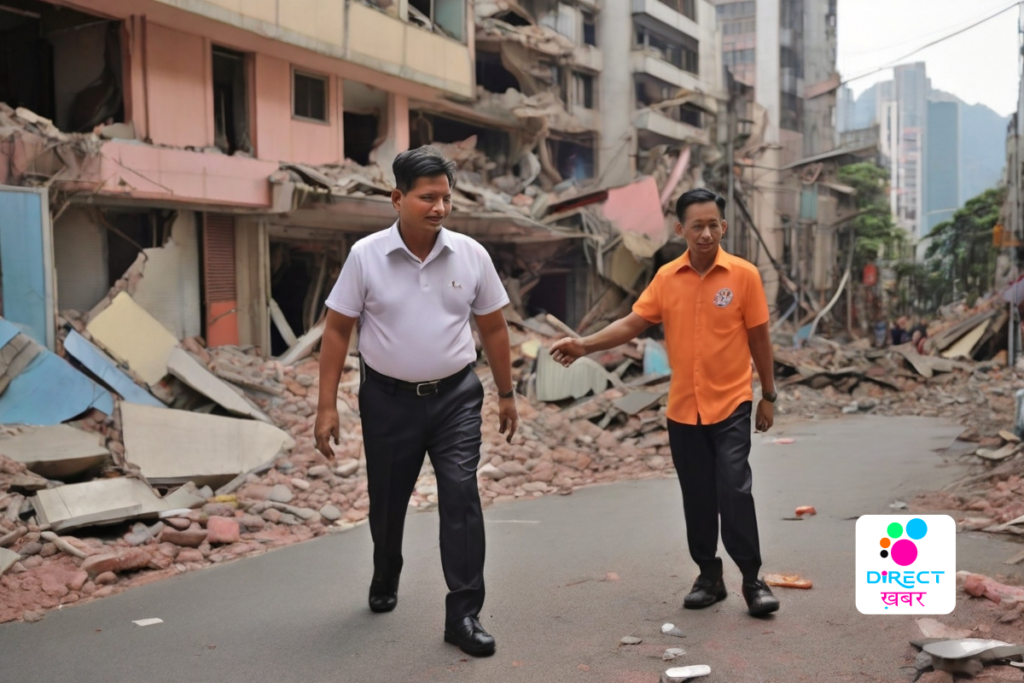
In response to these developments, India has reiterated its commitment to promoting peace and stability in the region, advocating for peaceful resolution of conflicts through dialogue and diplomacy. The MEA’s statement reflects India’s proactive stance on regional issues, emphasizing the importance of upholding principles of international law and respecting the sovereignty and territorial integrity of nations.
As the situation continues to evolve, India remains vigilant and engaged, monitoring developments closely and offering support where possible. The earthquake in Taiwan and the ensuing geopolitical tensions serve as stark reminders of the fragility of peace and the imperative of collective action to address global challenges and foster cooperation and understanding among nations.
